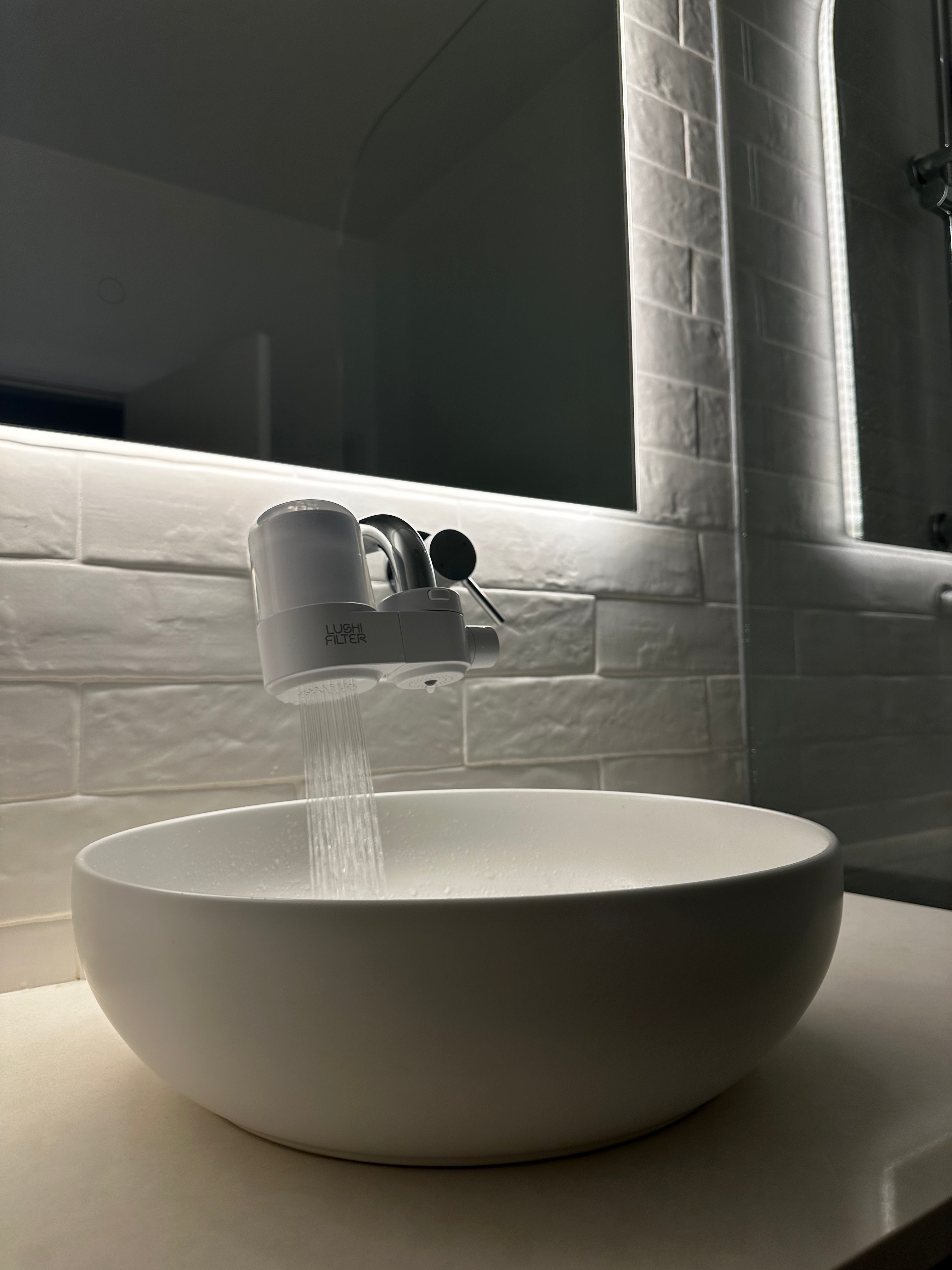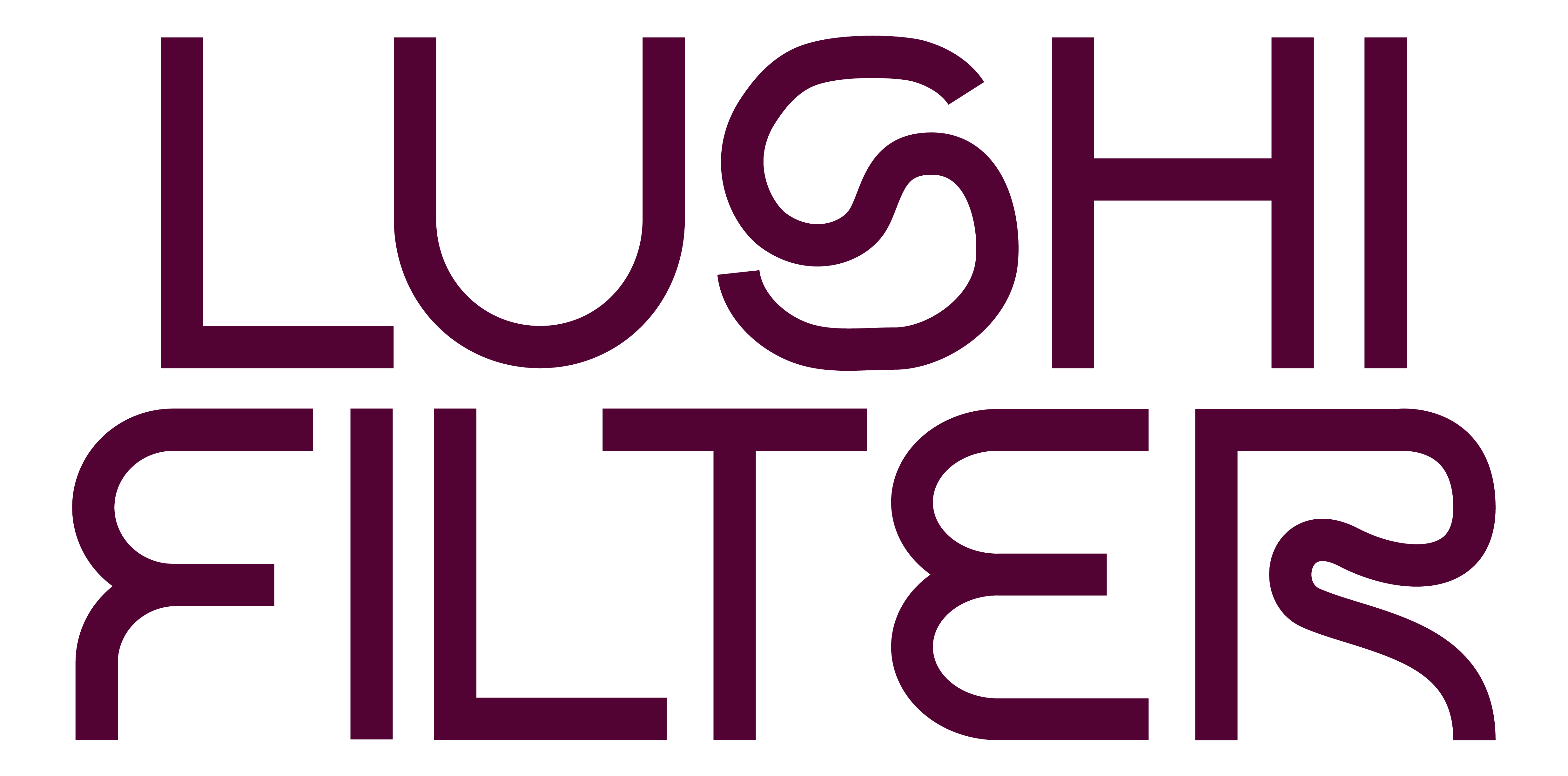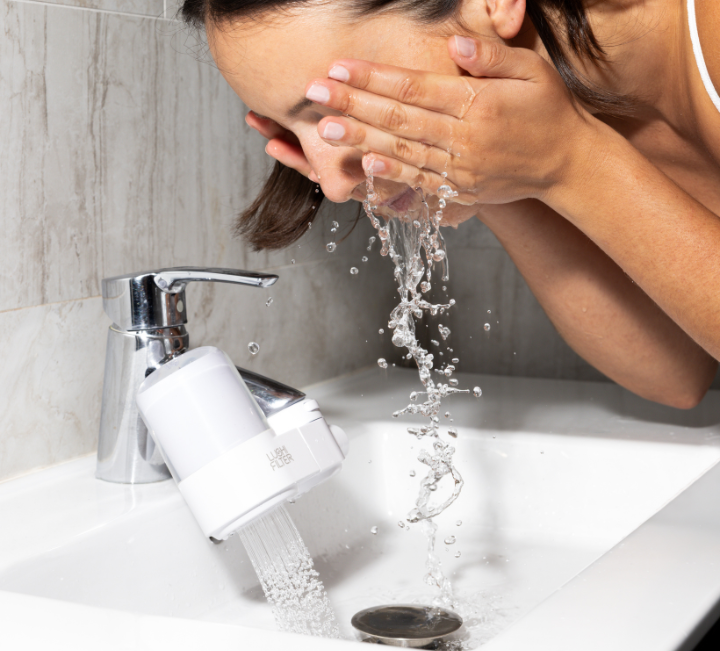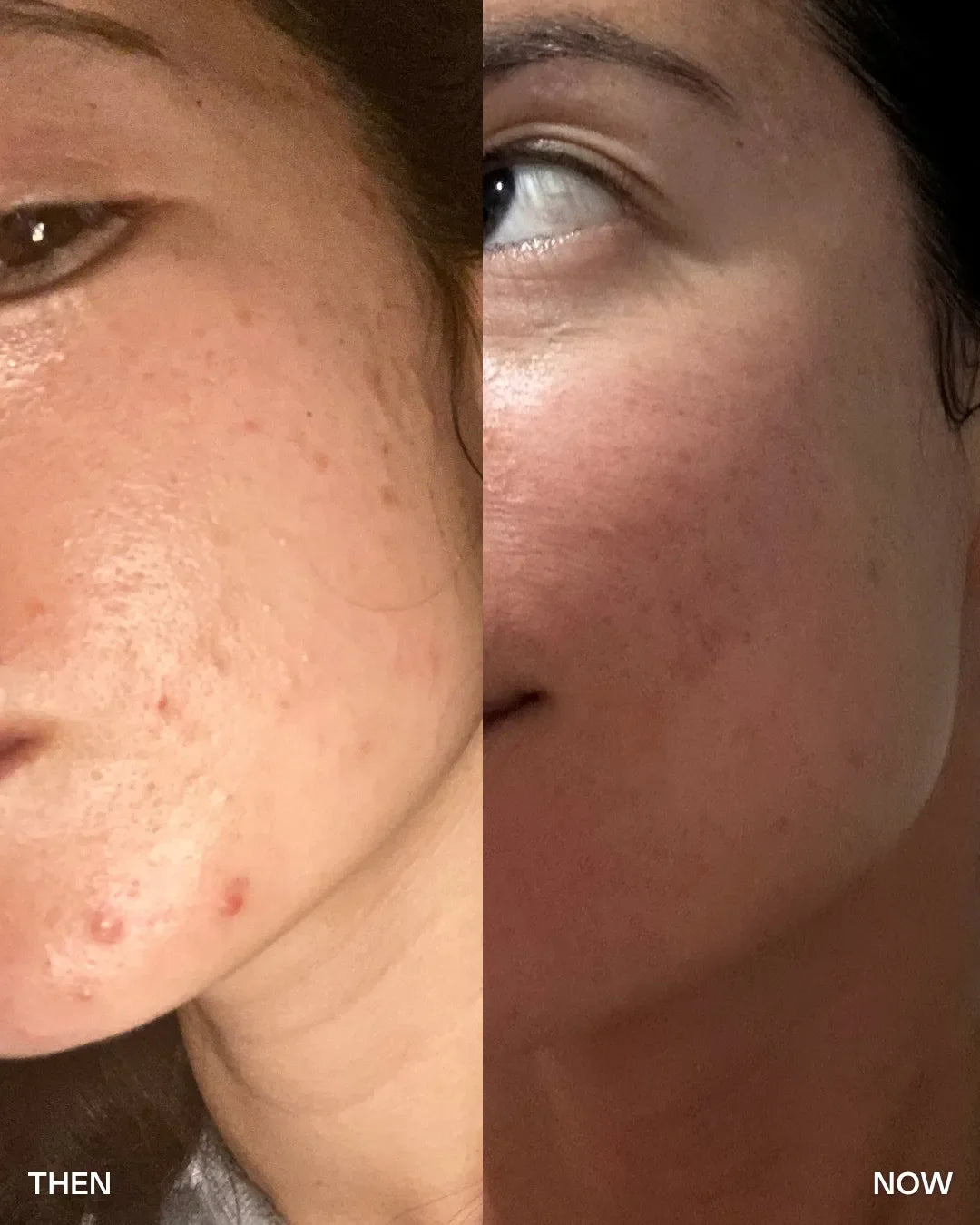
Chloramine: The Hidden Skin Irritant Lurking in Your Tap Water
We talk a lot about skincare routines — cleansers, serums, moisturisers — but not enough about the water we use every day.
You might already know about chlorine in tap water. But there’s another sneaky additive flying under the radar that could be irritating your skin: chloramine.
So, what is chloramine?
Chloramine is a disinfectant used by water treatment plants to keep our water "safe" to drink. It’s made by combining chlorine and ammonia, and it’s more stable than chlorine on its own — meaning it stays in the water longer and doesn’t evaporate as quickly.
Sounds like a good thing, right?
Not for your skin.
Why is Chloramine added to Aussie tap water and how does it differ in each state?
Chloramine lasts longer in water than chlorine, which makes it ideal for big distribution systems. Many Aussie water suppliers, especially in larger cities, use chloramine because it keeps working as water travels through long stretches of pipe. It’s effective, stable, and helps reduce that strong “pool water” smell that comes with chlorine.
Here’s the not-so-fun part: chloramine can be irritating. While it’s great at killing bacteria, it can also mess with your skin barrier. It strips away the natural oils that keep your skin soft, leaving it dry, itchy, and more prone to breakouts or flare-ups. For those with sensitivities, eczema, or compromised skin, the effects can be even worse.
Not all states use chloramine, and the levels can differ. Some regions like NSW and VIC have started using it more in recent years—but there’s no consistent nationwide standard. So even if your skincare routine is flawless, your tap water might still be the hidden trigger.
Why it’s a problem for your skin
Because chloramine doesn’t break down easily, it lingers in your tap water — and every time you wash your face, rinse your hair, or take a long, hot shower, it’s making contact with your skin.
Over time, this can lead to:
-
Dryness and flakiness
-
Increased sensitivity
-
Eczema flare-ups
-
Itchy or irritated scalp
-
Breakouts that don’t make sense
And because chloramine is harder to remove than chlorine, most standard water filters don’t catch it. So even if you’ve made the switch to filtered water, your skin might still be dealing with the effects.
Why Lushi cares
We created Lushi Filter because we got tired of throwing money at skincare products that weren’t solving the root problem. For so many people (especially those with sensitive skin), the problem isn’t just what you put on your face — it’s what’s in your water.
That’s why our filter is specifically designed to target chlorine, chloramine, heavy metals, and microplastics. It’s the low-effort switch that clears the way for all your other skincare to actually do its job.
We’re not saying your tap water is toxic. But we are saying it could be cleaner — and your skin deserves better.



Leave a comment
This site is protected by hCaptcha and the hCaptcha Privacy Policy and Terms of Service apply.